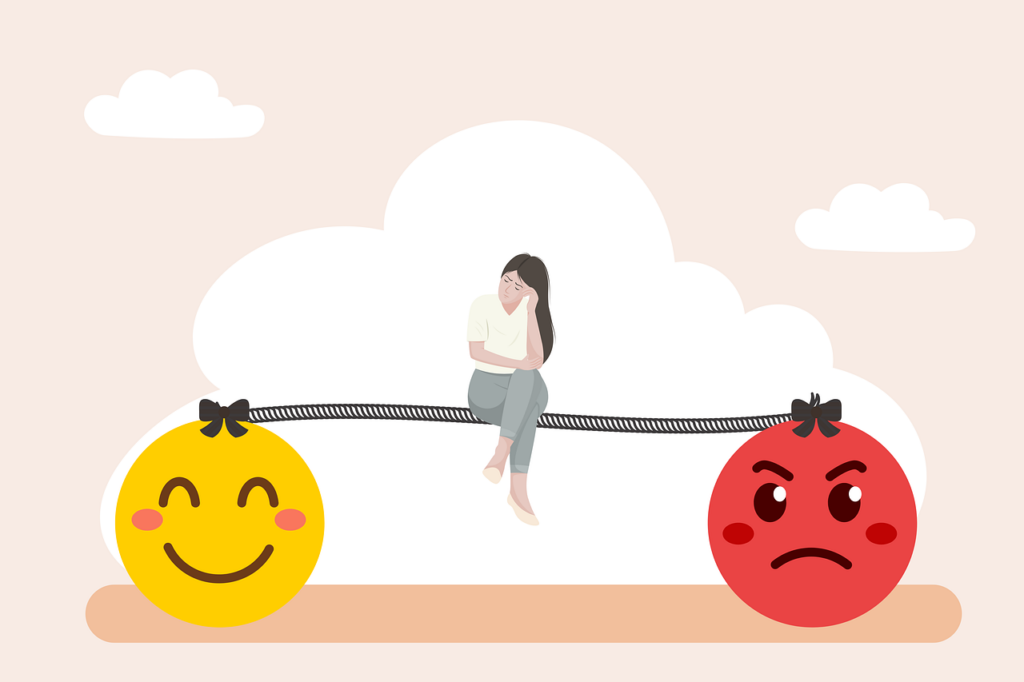Your Mental Health Toolkit
And why looking after your mental wellbeing is so important
“Your mental health is everything - prioritize it.
Make the time like your life depends on it, because it does.”
Mel Robbins
What is “mental health”? Mental health includes your emotional, psychological and social well being. It affects your thoughts, feelings and behaviours. The more mentally healthy you are, the better choices you’ll make for yourself.
Based on that definition, ask yourself: Am I looking after my mental health and wellbeing?
If not, it’s time to make your mental health a priority.
How can you do that? The most effective way is to engage in healthy daily self-care practices. Self-care means taking time to do things to help you live well, and has been proven to reduce symptoms of stress, anxiety and depression and make you happier. It will help you be more resilient when life hands you challenges.
Let’s look at the five main fitness areas of self-care for mental health:
Psychological fitness: This area includes keeping your mind active by challenging yourself to learn new things. You can do this by reading books, doing word games/puzzles, listening to music or podcasts, taking courses, etc.
Emotional fitness: You become emotionally fit by regularly noticing how you are feeling and understanding what your feelings are trying to tell you. Ways to improve your emotional fitness are by engaging in slow mindful practices like yoga, journaling and meditation. You can also improve your emotional fitness by talking to a counselor, therapist and/or coach.
Physical fitness: Your physical fitness is crucial to your mental health and wellbeing. Ways to improve your physical fitness include:
Exercising regularly
Drinking lots of water
Nutritional eating
Regular check-ups at the doctor
Spiritual fitness: When we engage in spiritual self-care, it means we’re connecting with something bigger than ourselves. It can be internally focused, like meditation, breathwork, or yoga, or externally focused like a community or religious practice. It’s important to connect to the practices that resonate most with you.
Social fitness: We all like to feel like we belong, so connecting with friends, family and other social groups is critical. Often, when we’re feeling low, it’s the social connection that’s missing. Ways to connect socially include:
Join a club or community organization
Start a new hobby
Get together with family and/or friends
Limit social media unless engaged in a specific group activity
5 Self-care mental health toolkit strategies
Develop your mindfulness muscle: You can do this by engaging in breath and gratitude practices, meditating, mindful walking, and mindful eating, to name a few. The list is only limited by your imagination!
Engage in daily physical activity: Walk, run, jog, dance, yoga, pilates, bicycling - anything that moves your body.
Spend time in nature: Getting out in green space and connecting with nature and the earth helps calm your nervous system and refocus your mind.
Get out of your head: We spend a lot of our day overthinking and feeling anxious. To mitigate that, find a pleasant activity to do: engage in a hobby, volunteer, garden, or learn something new, as just a few examples.
Find your resources: When you need help, ask for it. Create a support system that includes your family and social connections, as well as outside resources such as a psychotherapist, counselor, or coach, depending on your particular needs.**
**The strategies included above help to promote stronger mental health and resilience, but it’s also important to recognize when you have signs of mental illness or just need a little extra help or someone to talk to. If the self-care strategies suggested here don’t seem to help, or you can’t get yourself motivated to try any of them, it may be time to consider seeking outside professional help.
———
I’d love to hear from you so please send any comments or questions to me at sharon@sharonashtonmindfulyoga.com. Feel free to share this email with anyone else who may be interested.
Please check out The Journey Within podcast at:
What is stopping you from living your best life? Get out your journal and a pen and take the new quiz on my website to find out:
Are you interested in learning more about life change & mindset coaching from a mind/body perspective? Please email me at sharon@sharonashtonmindfulyoga.com for more information or to schedule a free introductory consultation to see if coaching is right for you. You can also visit my website coaching page.
"I felt at complete ease with Sharon from our first conversation. She has a wonderful, gentle but firm way that made me focus on my thoughts / feelings so I could remove / change to move forward with a completely different feeling to what felt like obstacles. It was great having regular coaching that gently kept me accountable to actioning and moving towards my goals. Sharon has vast experience in so many areas, I felt that makes her an amazing coach.”
— Michelle Carney, East Galway, Ireland
You can access your free Find Your Inner Coach Guide including a guided visualization and journal prompts here:
If you’re interested in more inspiration and community around positive mindset, slow mindful yoga, meditation and mindful writing practices, come join our private Facebook group here:






